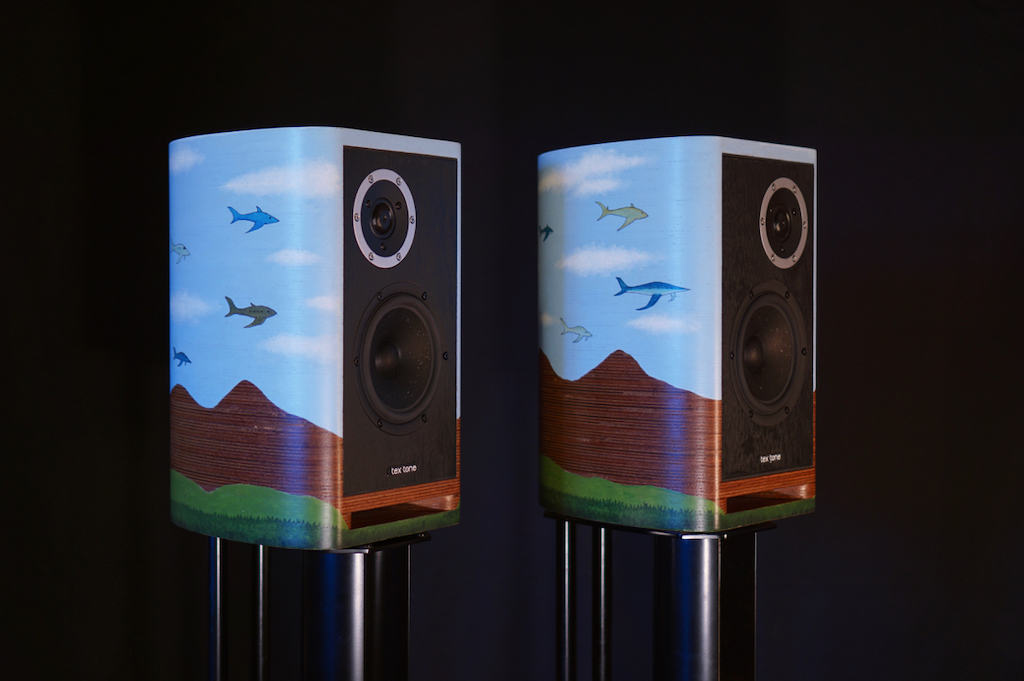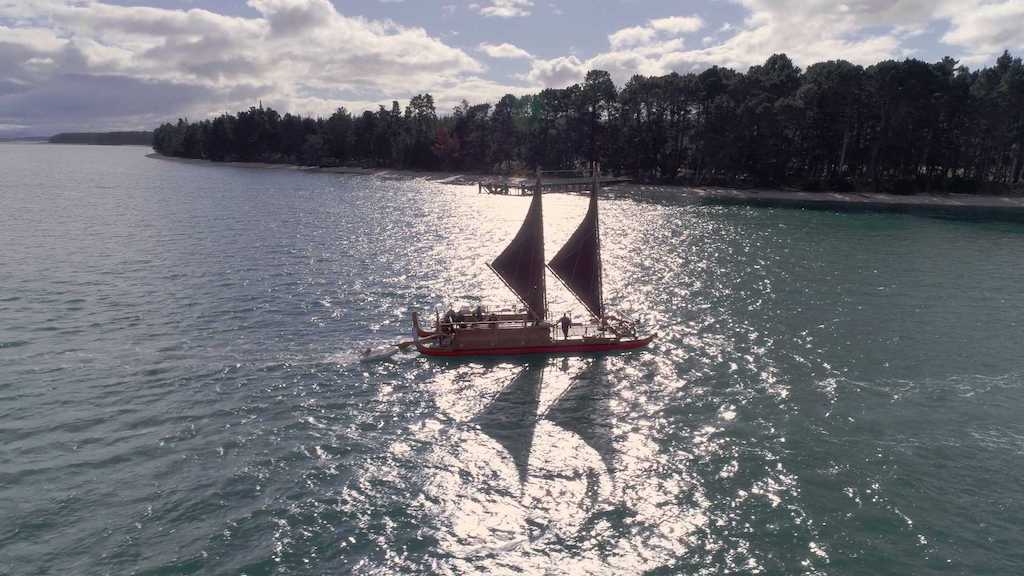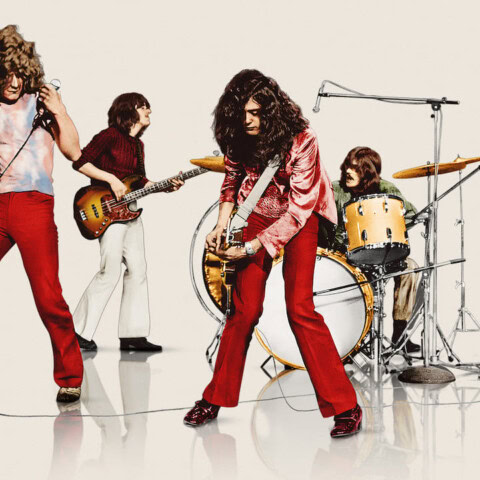The New Zealand International Film Festival has been the main event on STEVE GARDEN’s cultural calendar since 1980, but the times are a-changin’.
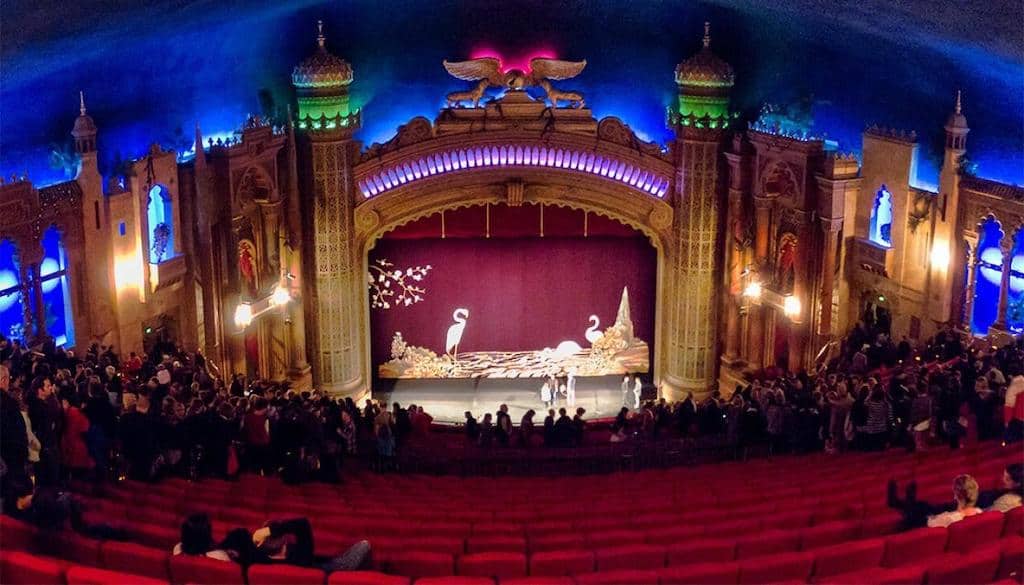
While none of us has any real inkling where Corona will take us, it’s fair to say that the impact of the little bastard is affecting all facets of life, and not in ways that might have been predicted.
While the notion of a streamed film festival may have been “in the air” for some time, no one would have imagined it happening so soon. But happen it has, and it coincides with the appointment of a new festival director.
“It would have been hard enough to fill the shoes of Bill Gosden without the unenviable task of entirely reshaping the festival”
It would have been hard enough to fill the shoes of Bill Gosden without the unenviable task of entirely reshaping the festival, but the new, er… “navigator” of the New Zealand International Film Festival, Marten Rabarts, has been thrown in the deep end. The NZIFF team must surely be chewing their nails at the moment, as the festival is pushed into a scenario that, while arguably inevitable, has been foisted upon them earlier than anyone would have wanted – including, possibly, audiences.
Or not. After all, punters will bend to circumstances if they have no choice. Or, more to the point, if circumstances offer easier and advantageous opportunities to access entertainment.
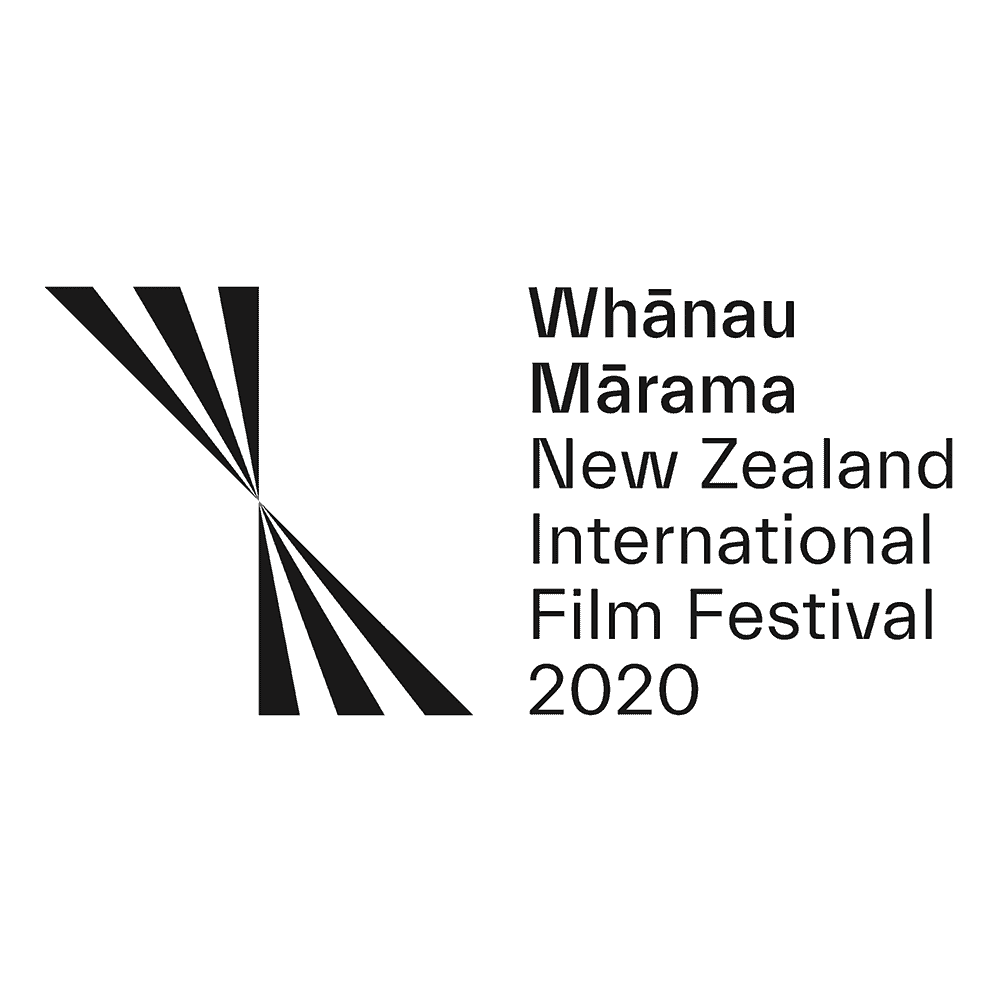
Just look at how the music industry has been ransacked by an initiative ostensibly designed to counter piracy, but which has proven to be a far worse legitimate form of piracy, rendering recorded music virtually worthless. While movie platforms such as Netflix aren’t free (or offer choices as broad as music sites such as Spotify), they signal a shift in the way that people will increasingly access cinema. Indeed, motivated cinephiles already access sites that offer an unprecedented range of films, from great and obscure works from the cinematic canon to recent art-house and multiplex releases.
So, the NZIFF faces quite a challenge: remaining relevant at a time when film-goers can, with a bit of online research, access most films at a relatively modest cost.
“While movie platforms such as Netflix aren’t free they signal a shift in the way that people will increasingly access cinema”
For example, the films I was interested in seeing but unable to get to last year (as well as titles in previous festivals) I’ve managed to source online (usually as high-quality video files) at minimal cost. I have a decent projector and screen, and while it isn’t the equal of DCP (Digital Cinema Package), it’s a serviceable alternative, and it avoids the downsides of cinema-going: getting there, getting home, parking, weather, seating, people (fellow punters and, sometimes worse, theatre staff), being sneezed on (now a potential death threat), the cost (not just tickets, but add-ons), and all for what might be a dud.
And frankly, some cinemas are fucking awful. Watching a film in the comfort of one’s home is vastly preferable to enduring The Academy, the lost opportunity of the ASB Theatre, every one of the Rialto theatres in Newmarket apart from Cinema 3 (which is let down by a dirty screen), the uncomfortable seats in the Civic, and the brutally inhumane ugliness of the Event complex.
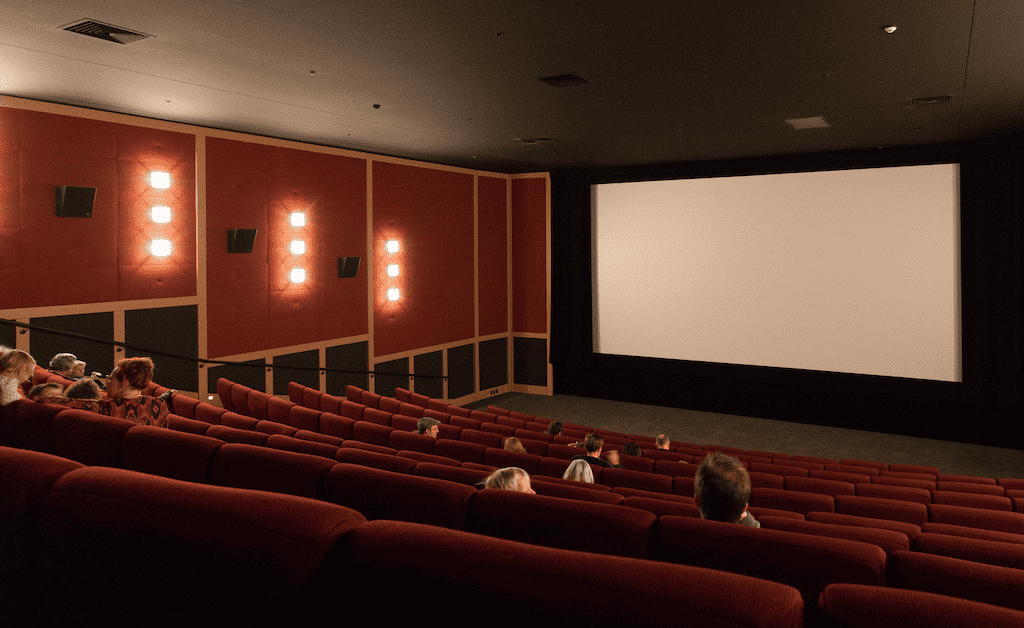
We’ve put up with such things for the sake of what matters, but mainly because there was no real alternative. Then along came Covid and, well, here we are; not only thrust into the future ahead of time but having experienced a glimpse of what the world could be, if not should be.
So, how has this impacted on our New Zealand International Film Festival? What does our first “virtual” film festival look like? Frankly, woeful.
Due to my habit of seeking out world cinema online, I’ve already seen a few films from this year’s programme, of which State Funeral by Sergei Loznitsa may prove to be the only significant film of the 2020 festival, at least in terms of substantial art-cinema. Hopefully not, but no title in this year’s programme appears to be strong enough to stand up to Loznitsa’s powerful masterwork. Jacob Powell’s programme notes serve the film perfectly, so there’s no need for me to elaborate. Simply put: see it.
Martin Eden by Pietro Marcello – one of the most significant Italian directors to emerge in the last decade, and whose feature debut, Lost And Beautiful, made a strong impression in 2015 – is certainly one of the most ambitious works of contemporary cinema in the 2020 festival line-up. But for all of its unimpeachable thematic earnestness, seriousness of intent and layered complexity, it struck me as surprisingly old-fashioned, having more in common with Euro-puddings than Marcello’s superb earlier poetic non-fiction works, Crossing the Line (2007), The Mouth of the Wolf (2009), The Silence Of Pelesjan (2011), and the beguiling animist lyricism of Lost And Beautiful.
Kubrick By Kubrick works perfectly well as an appreciative consideration of a great film director, but like most documentaries about famous people, you get pretty much what it says on the tin. Hirokazu Kore-eda has made some exceptional films, notably Maborosi (1995), Nobody Knows (2004) and Still Walking (2008), but even the dependable presence of Juliette Binoche can’t save the gratingly mid-brow La vérité (The Truth). It’s not one of Kore-era’s best, in my view, but given that his oeuvre is dotted with crowd-pleasers, it should find an appreciative audience among early afternoon Rialto punters.
Andrew Ahn’s Driveways is an understated, deftly-observed tale about a sensitive young boy, his slightly frazzled solo mum, and an old bloke with whom the boy forms a tender friendship. It’s so understated in fact that as I came to write this – merely a day or two after seeing the film – I couldn’t remember much about it. While this says more about me than the film, it nevertheless indicates that while it is a quality work produced and directed with perceptive, almost haiku-like modesty, it’s a familiar tale.
Chilean director Pablo Larraín – renowned for strong films such as No (2012), The Club (2015) and Jackie (2016) – pulls out all of the stops in Ema, producing a film that is (like many titles in this year’s festival, judging by the programme notes) so self-congratulatory in its woke posturing and forced metaphoric aspirations (clearly inspired by Gaspar Noe’s Climax but lacking the feral dynamism) to be one of the most infuriating of films. Pity.
Jóhann Jóhannsson’s Last And First Men is every bit the visual and aural feast one might expect. The images are delicious, and the sound design is a rich and sumptuous pleasure, especially on a good pair of headphones. I appreciate the intent and metaphoric import of the narrated text, but I found it frequently distracting and at times corny. Perhaps I wasn’t in the mood, or maybe I failed to access my inner adolescent. In any event, spare excerpts of text superimposed over the images might have been a better option.
And despite the acknowledgement of Fred Kelemen in the credits, comparisons with the great Hungarian maestro, Bela Tarr, might be going a bit far. A more apt comparison might be Herzog’s Lessons On Darkness (1992), another post-apocalyptic metaphor marred (only in a few places, thankfully) by Werner’s well-meaning but over-earnest narration. A narration-free (and perhaps more tightly edited) version of Jóhannsson’s film might be interesting, but not likely, of course.
As made patently clear in the title, You Will Die At 20 concerns a young man living with the prophecy of his early death. Given the primitivism and religious superstition that informs the film’s premise, narrative arc, and social setting, it should come as more of a surprise than it does when we realise that the tale is set in contemporary times. What’s more, the director never draws attention to it. The conventional filmmaking techniques are so fundamentally invisible that the viewer is simply encouraged to empathise with the young man’s dilemma and anticipate its resolve. Which means that one can watch the film from go to woe without ever noticing the elephant in every scene.
Made in a direct and uncomplicated way with attractive but unpretentious and unimposing images, music, editing and direction – all focused first and foremost on serving the story – the film will be familiar territory for most (if not all) filmgoers, and should have wide appeal. One assumes that the director is unapologetic about the conventionality of the filmmaking or its mainstream framing, because in doing so he has made an effective Trojan Horse, a film so matter-of-fact that its critical subtext is virtually invisible.
Which brings me to the films I haven’t seen, of which Identifying Features and If I Were Winter Itself are the only two of any real interest, apart from The Unknown Saint (a punt that might be fun) and maybe Kala azar, Lara and Exile. Of the non-fiction films there’s Hong Kong Moments, Mayor, Vivos, Bloody Nose, Empty Pockets, and… well, maybe one or two others.
Yeah, kind of depressing, and made worse by the hard-to-admit fact that if I wait a week or so I’m likely to find them online. Hard to admit because for the last 40-years I have been an avid and loyal festival-goer, one of those obsessives who takes two or three weeks off to watch three or five films a day. But now I face the possibility of not buying a single ticket this year.
Yep, truly unprecedented.
I can’t thank the NZIFF (in particular Bill Gosden and his team of programmers) enough for enabling me to develop a solid cineliteracy, from early encounters with Jancso, Fassbinder, Tarkovsky and Bresson to equally meaningful experiences with Tarr, Yang, Pialat, Hou and countless others.
The NZIFF has been pivotal in shaping not only my appreciation for cinema, but influencing my worldview – my politics, and my understanding of the importance of art. So, it pains me to say that the 2020 programme is the most inconsequential ever. There have been light programmes in the past, but there were always a handful of substantial works to satisfy the most demanding cinephile. I fear that the 2020 festival signals a turning point, where the NZIFF is no longer “the” central annual cultural event for me, which it has been since 1980.
The fact is, the world is changing. From here on, things are going to be very different. How we access cinema will be the least of our concerns, but the 2020 NZIFF is a flag to take note of, if nothing else.
* The NZIFF runs from July 23 to August 9 and is partly online and partly at cinemas. Check out the full details here.
* Steve Garden is the owner of NZ’s prestige “mostly acoustic” record label, Rattle. Read about his musical exploits here.







